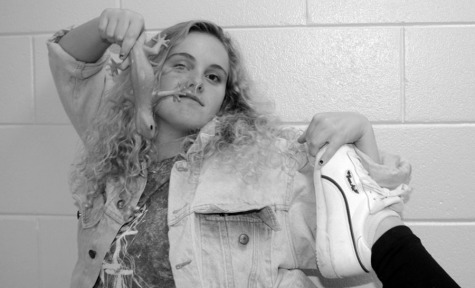Last year, sophomore Maggie Fisher was a freshman on the Nova Girls varsity hockey team. She was also a goalie for a highly competitive premier level soccer team. One accident knocked her out of both sports for two months, an eternity for serious high school athletes. “On an average night I’d have two sports practices to keep me busy, now I just go home. Sports are huge for me,” Fisher said, reflecting on her changed schedule after she got her concussion.
Fisher was diagnosed with a serious concussion after she fell and hit her head on the ice during hockey practice. According to the Pittsburgh Department of Neurological Surgery, she was one of the approximate 62,000 high school athletes that suffer concussions from contact sports yearly.
This number doesn’t even start to include concussions treated by trainers, coaches, family doctors, or urgent care clinics. The American Academy of Pediatrics states that this number is rising rapidly; from 1997 to 2007 the number of older teens sent to the emergency room because of concussions increased by 200%.
“There are just way way too many,” Karin Shelstad, a concussion therapist and South’s Athletic Trainer, said with exhaustion. “I see tons in girls hockey and soccer, and lot in football too,” Shelstad said.
Although no actual damage can be seen on standard scans, a concussion is defined by the American College of Sports Medicine as a short-lived loss of brain function due to head trauma. This means the patients brain stops working correctly for a little while. The immediate side effects of concussions include confusion, dizziness, headache and nausea. While these symptoms may be relatively mild, concussions can have very severe future consequences.
“These [concussions] can cause some serious future damage like being prone to Parkinsons, Alzheimers, having long term cognitive problems with speech or visual comprehension, just to name a few,” Shelstad said. Yet some students still feel compelled to risk it all just to finish the half of the game in order to not be seen as weak or to prove something to their teammates.
Fisher said she wasn’t sure if this was really her first concussion, and even after suffering a chronic headache and nausea, she didn’t get checked out by a doctor for about three days. “I didn’t want to be a baby and sit out if it wasn’t an actual concussion. The coaches always make you sit the moment they think you might have a concussion,” Fisher explained.
“I just didn’t take the right steps and that made it worse than it needed to be. The doctor said I probably could’ve been better by now if I would’ve rested immediately. You need to get it checked out right away, stop doing physical activity, and right after you should only sleep one or two hours at a time,” Fisher advised. Now she suffers headaches, has trouble focusing, a very slow reaction time, and trouble memorizing details. If she had gotten a second concussion without recovering, it would’ve been fatal.
Junior Zach Tufvesson is another South student who is recovering from his fourth concussion. “Light bothers me and I’m tired all the time,” Tufvesson stated. Like Fisher, school work and grades have been a very big struggle for him. “Right now in my classes I have two Fs and two no credits. I only go to about one period every other day,” Tufvesson explained. He hopes to get an approved 504 plan, which is a plan that spells out the accommodations that will be needed for approved students to have an opportunity to work at the same level as their peers.
With the help of doctor’s and high school social worker’s collaboration, Fisher and many other concussed students now have access to plans that help them get through one of the toughest hurdles after getting a concussion: schoolwork. After getting her concussion, Fisher, a straight A student, struggled with school. “I could do school fully, but I’d get really bad grades,” she said. Her academic plan gives her extended time for homework, rest periods during the day, printed class notes from teachers, and early dismissal or late arrival as needed.
Fisher recognizes that concussions are often looked at as free passes from school, especially after having to tell all her teachers that this was actually a serious brain injury. She wants teachers to remember “it’s against the law to disobey doctors orders because concussions are considered traumatic brain injuries. Having a brain injury isn’t my fault.”
Eva Neubeck, the social worker at South that helped with Maggie’s concussion plan, said that usually “teachers hear about this brain trauma and react well. They generally know that the needs of these kids are legitimate.”
Neubeck has helped multiple students with concussions and said “they [concussed students] may need a reduced schedule, less homework, or to attend a class intermittently depending on how they feel. Concussions are like any other medical condition, the patients need rest.”
Even though steps are being taken to help diagnose and treat patients quicker and more efficiently, the number of diagnosed concussions are still rising. The American College of Sports Medicine says that although the actual participation in sports has declined, concussions have increased dramatically.
The New York Times and many doctors worldwide are recommending changes in sports rulings to prevent concussions like eliminating heading in soccer, modified lacrosse helmets, and a ban on headfirst sliding in baseball and softball. Although these modifications may not be the most popular, something undoubtedly needs to change to further prevent students from seriously damaging their brains, and their futures.
Fisher summarized her experience with a concussion as long and frustrating. “It’s simple, if you think you have a concussion get it checked. I wanted to make sure I got as much playing time as I could, but now I know that it wasn’t worth it. It’s better to sit out one game and make sure you’re healthy than to have to sit out for two months later.”

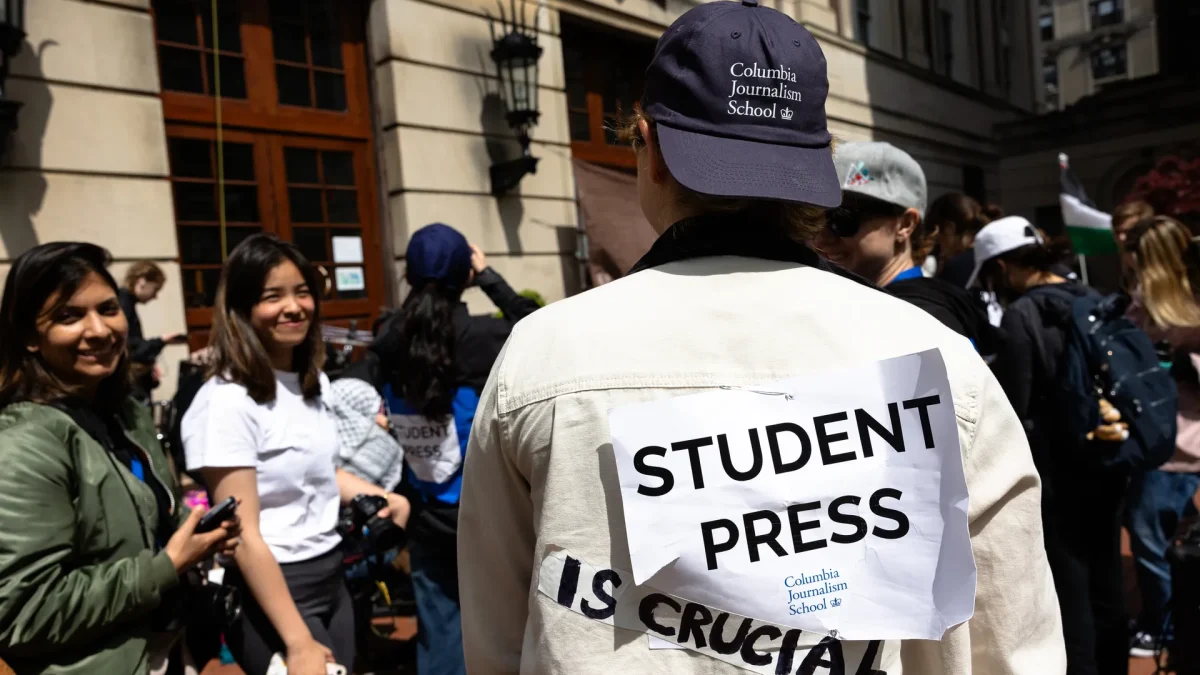


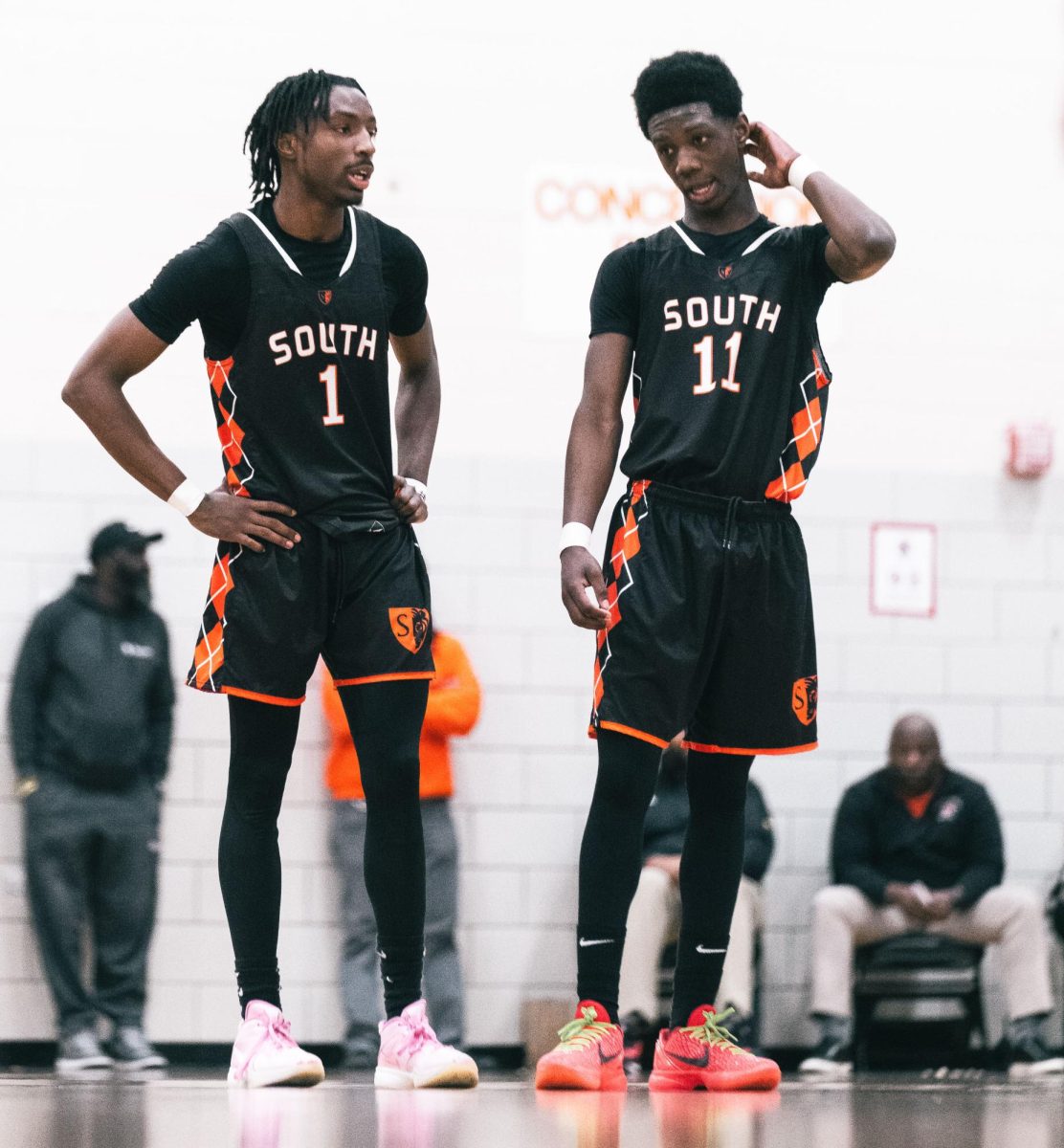

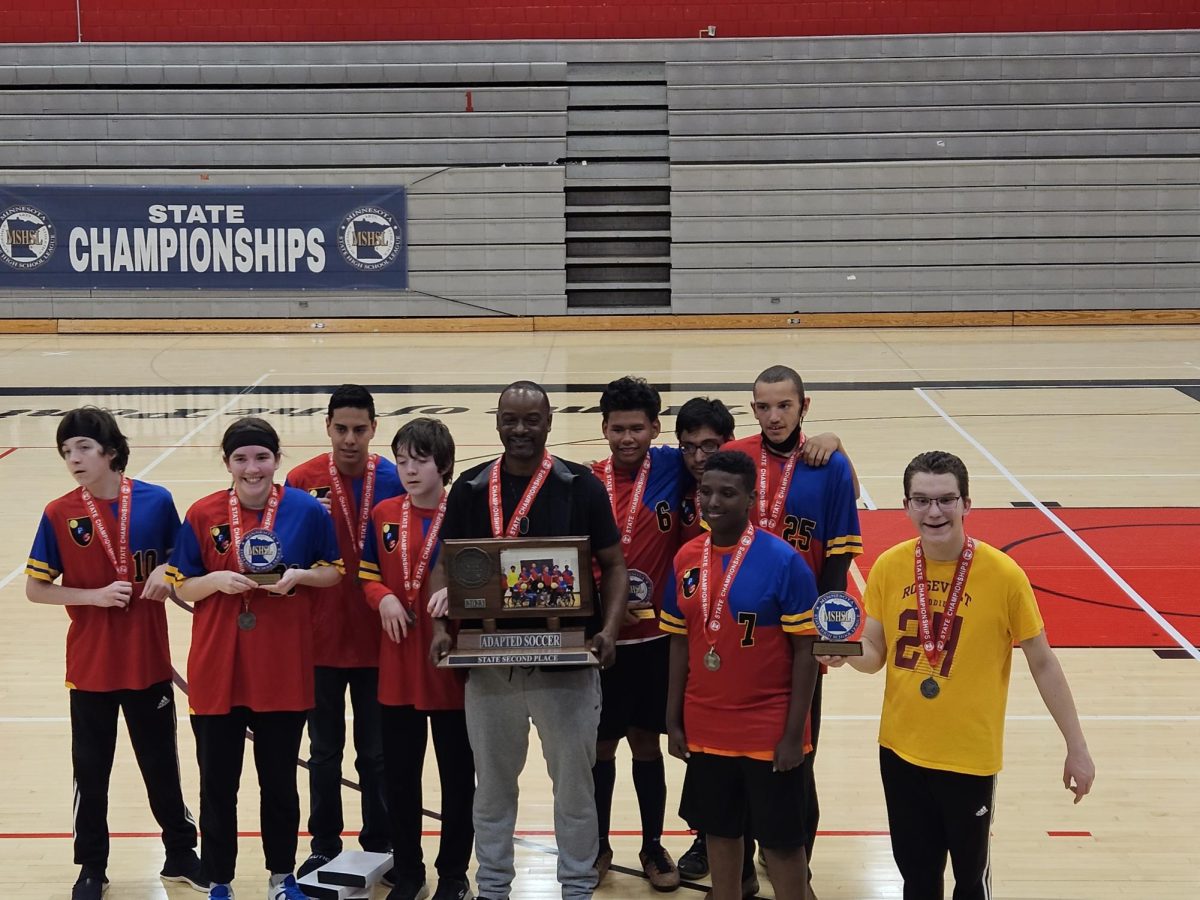
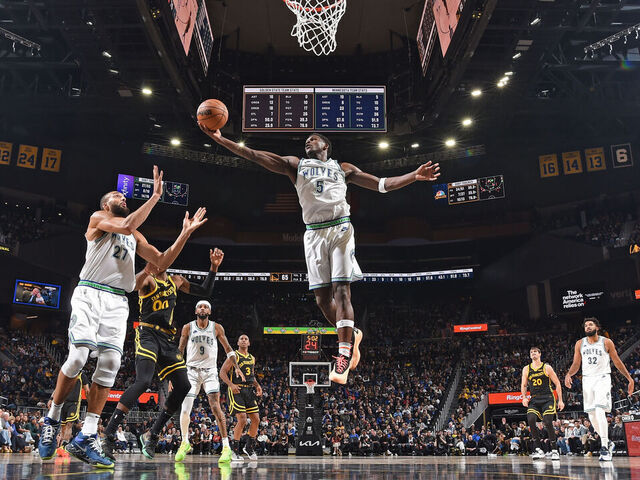
![Senior Ingrid Noren heads to school in February. She recommends winter biking, saying that “it’s better for your health [and] better for the planet.”](https://www.shsoutherner.net/wp-content/uploads/2023/03/Winter-biking-900x675.jpg)

